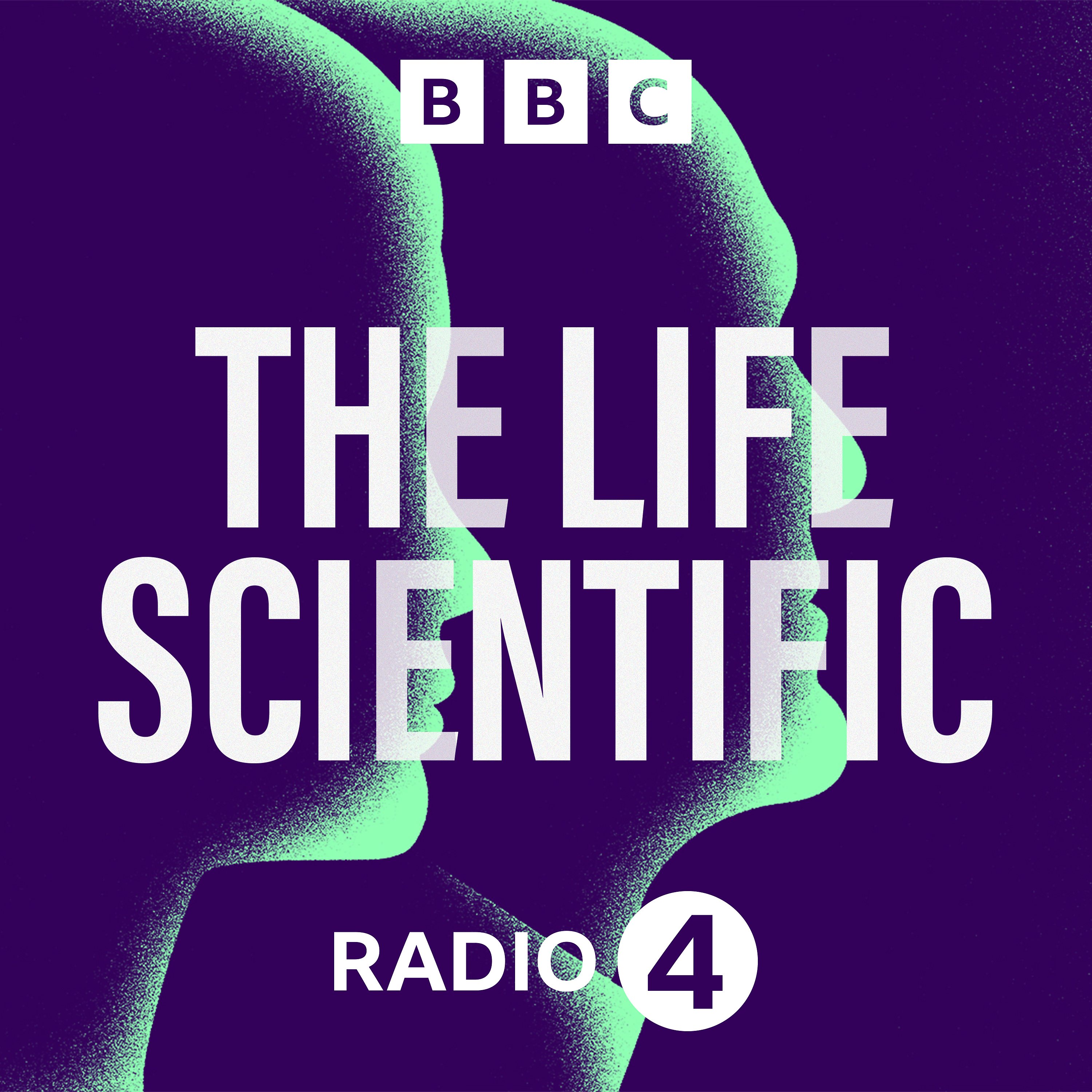Peter Stott on climate change deniers and Italian inspiration
Description
In the summer of 2003, Europe experienced its most intense heatwave on record - one that saw more than 70,000 people lose their lives.
Experiencing the effects whilst on holiday in Tuscany, climate scientist Peter Stott was struck by the idea that just maybe, he could use a modelling system developed by his team at the UK’s Met Office Hadley Centre, to study extreme weather events such as this very heatwave mathematically; and figure out the extent to which human influences were increasing their probability.
That’s exactly what he went on to do - and, through this work and more, Peter has helped to shine a light on the causes and effects of climate change.
His career, predominantly at the Met Office Hadley Centre, has seen him take on climate change sceptics and explain the intricacies of greenhouse gas emissions to global leaders. His work with the Intergovernmental Panel on Climate Change even earned him a share of the 2007 Nobel Peace Prize.
But the biggest challenge remains: Peter talks to Jim Al-Khalili about whether humanity can adapt quickly enough to deal with the increasingly dangerous effects of our warming world...
Presented by Jim Al-Khalili
Produced by Lucy Taylor
More Episodes
As the famous frog once said, it's not easy being green. And when it comes to decarbonising industry, indeed, reducing emissions of all sorts, the task is a complex one.
Fossil fuels are used to manufacture some of mankind’s most ubiquitous products, from plastics to cement to steel; and even...
Published 09/24/24
Published 09/24/24
Rosalie David is a pioneer in the study of ancient Egypt. In the early 1970s, she launched a unique project to study Egyptian mummified bodies using the techniques of modern medicine. Back then, the vast majority of Egyptologists regarded mummies as unimportant sources of information about life...
Published 09/17/24


